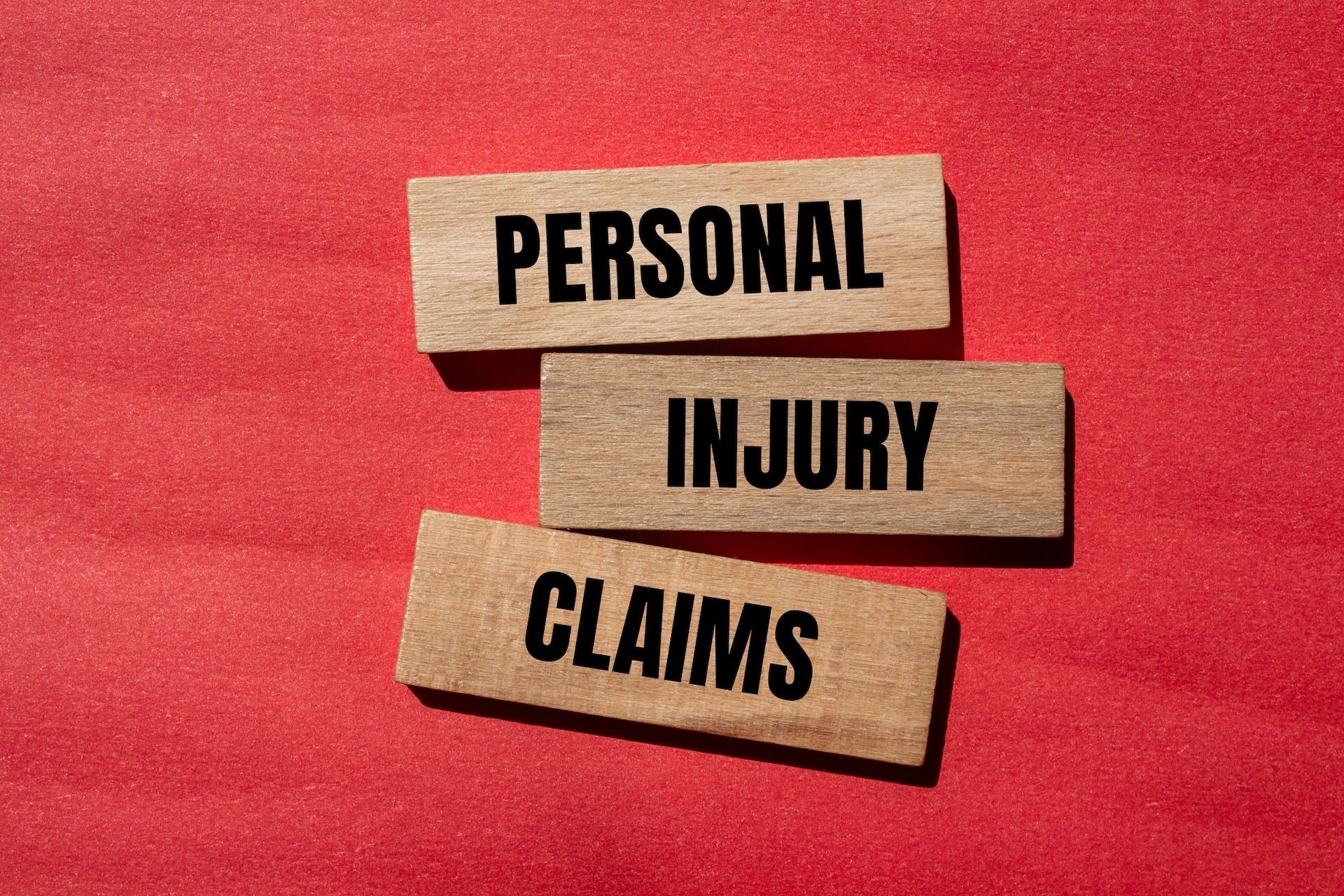How Vocational Experts Provide Valuable Evidence About Earning Power in Workers Compensation?

In addition to paying for medical treatment, state workers’ compensation coverage generally provides disability benefits when a work injury prevents an employee from returning to his or her former employment. Temporary benefits are usually paid until the employee’s injury has reached a state of maximum healing or until the injured employee has received benefits for the maximum length of time that state law permits. Permanent benefits are usually paid only if the disability persists after temporary benefits are no longer available.
Workers’ compensation laws in different states define and measure a work-related disability in different ways. In some states, a disability regarded as a loss of earning power. In those states, vocational experts offer opinions about an injury victim’s current and future earning power in workers’ compensation cases.
Earning Power
In Pennsylvania, for example, partial disability compensation benefits are based on the difference between the wages an employee was earning when the injury occurred and the employee’s post-injury “earning power.” A Pennsylvania statute defines “earning power” as “the work the employee is capable of performing and shall be based upon expert opinion evidence which includes job listings with agencies of the department, private job placement agencies, and advertisements in the usual employment area.”
The “expert opinion evidence” to which the statute refers is offered by vocational experts. A vocational expert may testify for the injured worker or for a workers’ compensation insurance company.
Insurance companies do not want to pay benefits for longer than necessary. When an employee is capable of returning to work, an insurance company will resist paying benefits to which the employee is not entitled. The company may ask the employer to offer a paid position that is consistent with the injured employee’s work restrictions.
Work restrictions are determined by the employee’s treating physician. Restrictions may change over time as physicians reevaluate the injury victim’s physical condition.
When an employer is unable to accommodate the employee’s work restrictions, the insurance company may seek to reduce the payment of benefits if the employee is capable of gainful employment elsewhere. To prove the extent of the employee’s earning power, the insurer may compel the employee to participate in a vocational assessment. The company wants to determine whether there are jobs in the marketplace that a worker can perform.
The assessment is sometimes known as an Earning Power Assessment. The insurance company’s objective is to demonstrate that the employee’s earning power has improved. If the employee can perform less demanding work than the work that caused the injury, the company may be entitled to reduce the benefits it pays. If the company can demonstrate that the employee is capable of returning to his or her former employment, the company may succeed in terminating benefits entirely.
The employee may have a different objective. Honest employees generally want to heal and to return to work as soon as they can do so without worsening their pain or placing their health at risk. When a return to work isn’t possible, employees have an incentive to continue receiving the benefits to which they are legally entitled. An Earning Powers Assessment may help them prove that benefits should not be reduced.
How Vocational Experts Conduct Earning Power Assessments
Pennsylvania courts have concluded that an employer (or its insurer) is “entitled to a modification of disability benefits where the claimant has regained some functional abilities and is capable of returning to some measure of gainful employment.” An earning power assessment is therefore based on evidence of the injured worker’s ability to engage in “substantial gainful employment” that is consistent with his or her physical, medical, and vocational restrictions or skills.
Vocational experts conduct Earning Power Assessments for employees and employers. In Pennsylvania, an Earning Power Assessment is based on a labor market survey.
A vocational expert determines whether there are jobs in a specified geographic marketplace that the injured worker is able to perform. The expert relies upon medical findings to assess the kinds of jobs within the labor market that meet the worker’s physical limitations. The expert must consider the injury victim’s “residual productive skill, education, age and work experience” and determine whether the victim can “engage in any other kind of substantial gainful employment which exists in the usual employment area.”
For example, suppose that a warehouse worker suffers a shoulder injury at work that requires surgery. While the employee is recovering from surgery, the employee may be unable to perform any work at all. After healing, a physician might impose work restrictions that make it impossible for the employee to lift heavy objects and perform other tasks that are required in the warehouse job.
A vocational expert will review the employee’s educational and work history, the employee’s work restrictions, and information from labor market surveys to determine whether jobs exist that the worker would be able to perform. An employee with a shoulder injury, for example, may be able to perform sedentary work, such as telephone sales or checking in guests at a hotel.
A twist in Pennsylvania law requires an insurance company that wants to reduce benefit payments to prove not only that positions exist in the labor market that the injury victim can perform, but also that those jobs are open and available. In other words, if local hotels employ 100 front desk clerks, the insurer must prove that a vacant position need to be filled and that a hotel would hire the injury victim if the victim were to apply. Identifying job listings is not enough because the jobs must “exist in reality.”
The Pennsylvania Supreme Court has explained that an employer must “prove a claimant’s earning capacity (absent an offer of employment with the employer) with evidence that potential employers are in search of an employee.” Vocational experts must therefore identify specific employers offering jobs for which the employee qualifies. In the court’s words, the “jobs identified by the employer’s expert witness that the claimant is ‘capable of performing’ must thus be those jobs that are actually open and potentially available, not simply jobs that are already filled with existing employees.”
Disclaimer: The information on this website and blog is for general informational purposes only and is not professional advice. We make no guarantees of accuracy or completeness. We disclaim all liability for errors, omissions, or reliance on this content. Always consult a qualified professional for specific guidance.








